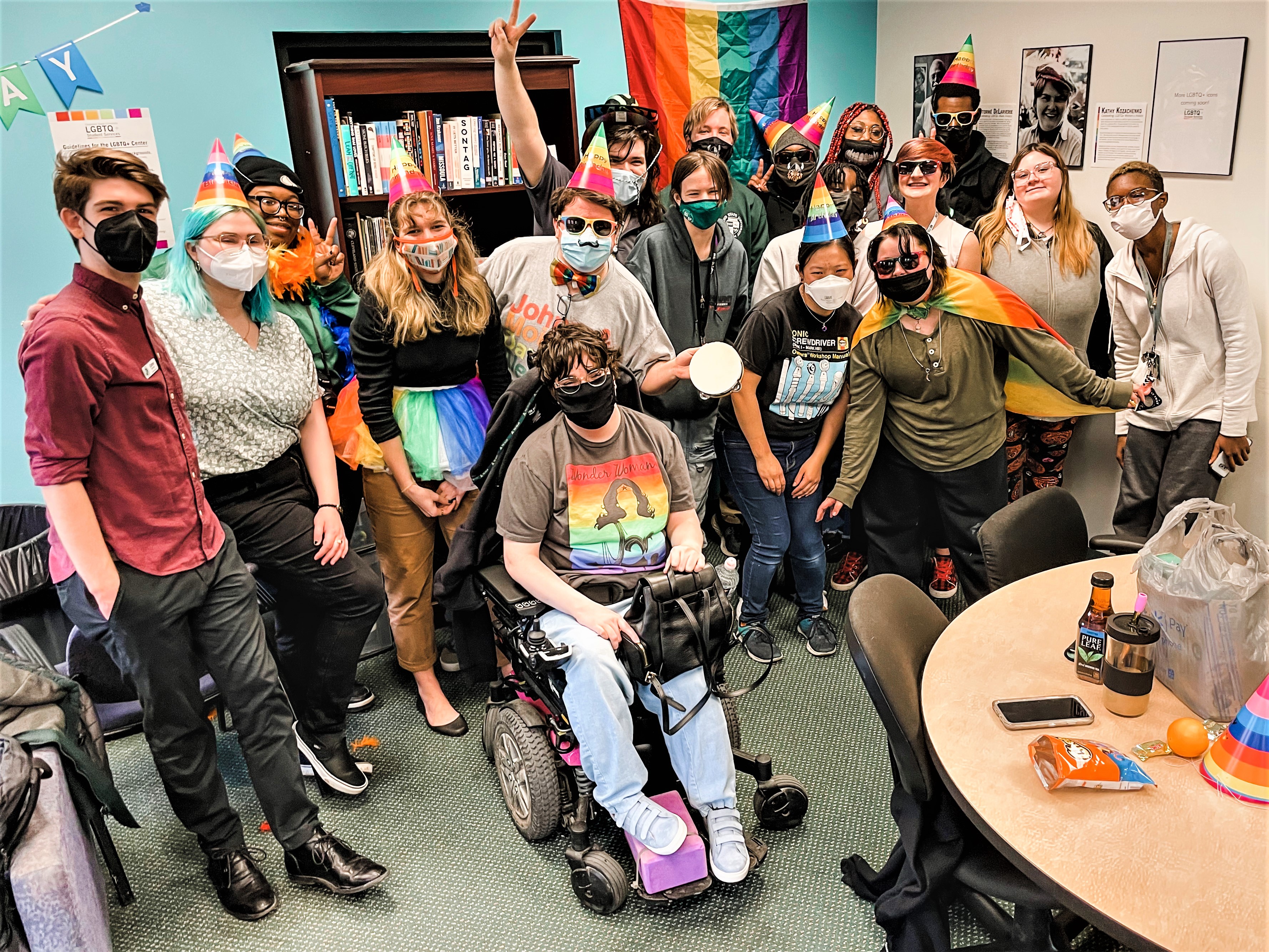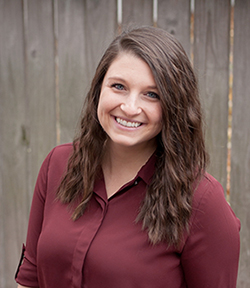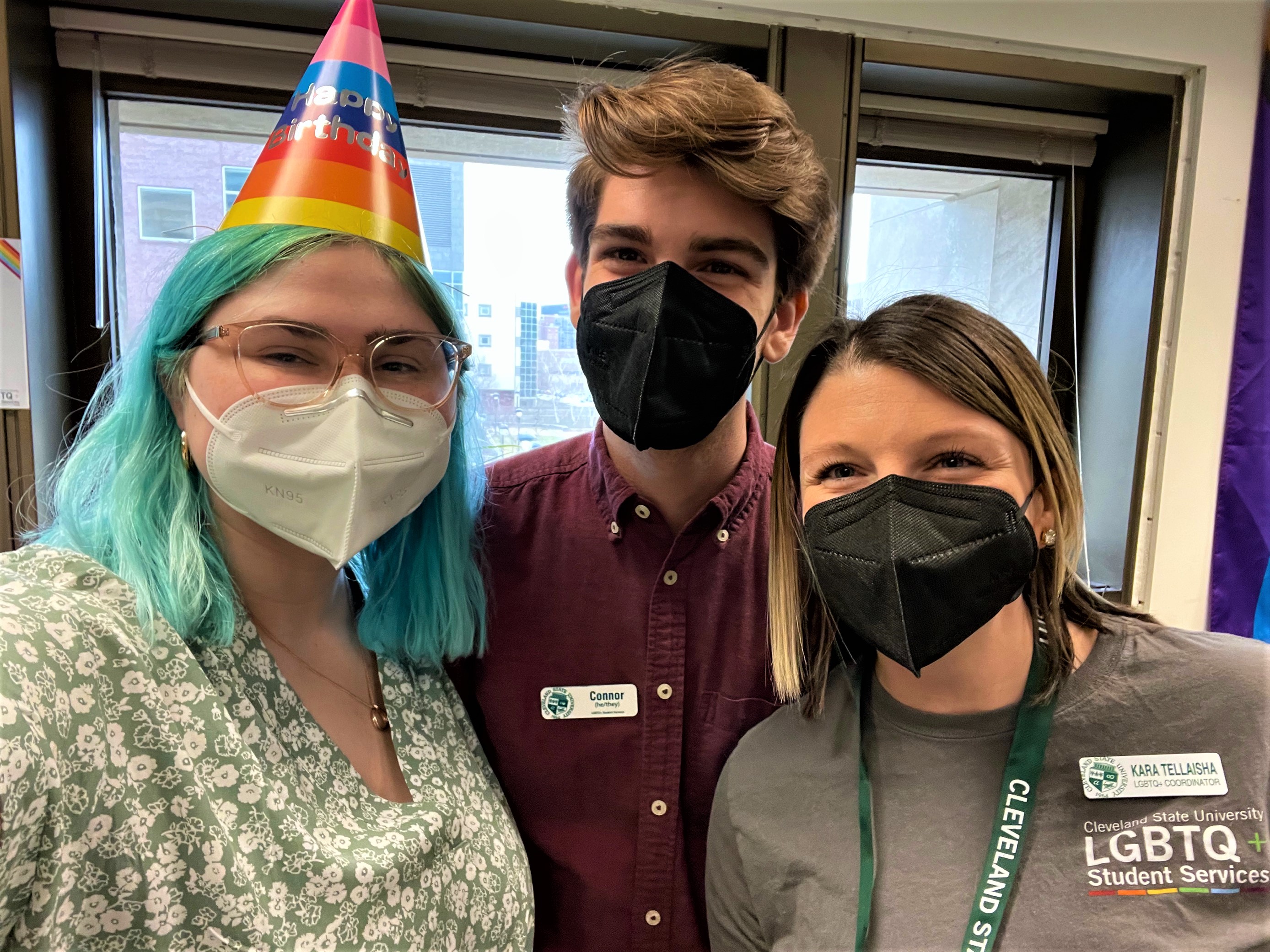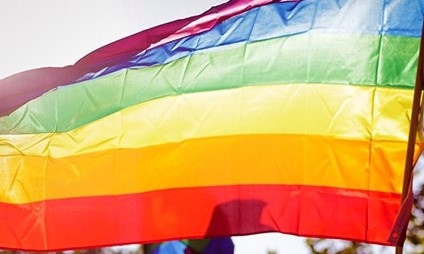Posted on April 4, 2022 at 10:42 AM, updated April 4, 2022 at 10:42 AM Print
 Tellaisha, CSU’s LGBTQ+ Students Services shaping a more inclusive, welcoming campus and community voice
Tellaisha, CSU’s LGBTQ+ Students Services shaping a more inclusive, welcoming campus and community voice
At the tail end of last year, the Human Rights Campaign awarded the city of Cleveland a perfect 100/100 on their Municipal Equality Index (MEI)—a benchmarking tool that ranks cities for their LGBTQ+ support. The 2021 MEI (its tenth iteration) rated 506 cities on 49 different criteria from every state in the nation.
Around the same time, then Mayor-Elect of Cleveland Justin Bibb named the executive director of the LGBT Community Center of Greater Cleveland, Phyllis “Seven” Harris, to his transition team.
It goes without saying that advancing LGBTQ+ inclusive municipal laws, policies and services is important for a whole host of reasons—but inclusivity is increasingly seen as a driver of economic growth, combating “brain drain,” and in the attraction and retention of talent.
Here at Cleveland State University in late 2021, we proudly accepted a ranking of four out of five stars on the Campus Pride Index, which works with administrators/student leaders on college and university campuses to create and support safer, more LGBTQ+-friendly learning environments.
CSU also completed campus’ first gender inclusive restroom in Berkman Hall, containing 14 private stalls for gender-neutral use.
To say that it is a good time to be an LGBTQ+ person in Cleveland (and at CSU) right now completely oversimplifies an incredibly complex equation. But there’s certainly a lot to be proud of, extending CSU’s concept of “City is Our Campus” to include LGBTQ+ support on (and beyond) campus.
Significant steps towards equality—as well as broader societal visibility, advocacy and support—are being driven by a still-relatively-new unit here on campus: CSU’s LGBTQ+ Student Services.
 About LGBTQ+ Student Services
About LGBTQ+ Student Services
CSU’s LGBTQ+ Student Services is committed to enhancing the overall educational and social experience of the CSU community. The unit provide resources, support, programming and services that promote the academic and personal growth and development of lesbian, gay, bisexual, transgender, and queer or questioning (+) students and their allies—all in aid of creating a more inclusive, welcoming campus.?
The unit began in 2017 as a student affairs collaboration, a student-run organization driving the effort to find a home for LGBTQ+ students with an actual physical center on campus. A few short years later, Kara Tellaisha became the first LGBTQ+ Student Services Coordinator at the university.
A two-time CSU alumna and member of the LGBTQ+ community herself, Tellaisha came on at CSU in January 2020 and serves as the go-to resource/consultant around LGBTQ+ concerns institution-wide.
As the community voice on various campus committees, she also connects students with critical resources, helps inform and shape campus policy, and tackles anything and everything else that comes her way with an entrepreneurial spirit and aplomb befitting her pioneering role.
“My first goal and main priority was to hear from students. ‘How have things been?’ ‘What do you need?’ ‘What's bad?’ ‘What do you want me to work on tomorrow?’ Essentially, it was a fact-finding mission to root out and observe where the gaps in support were,” said Tellaisha.
“Sometimes, those gaps were perceived, but in a lot of cases, there were and are very real gaps around policy,” she added. “I’ve really been given so much support from CSU, and from this division, the trust to identify and do what needs to be done. It’s been really rewarding and fun.”
 Programs, Services & More
Programs, Services & More
LGBTQ+ Student Services offers one-on-one support, case management, and service coordination to students; mentor/mentee relationship connections for students focused on career guidance and general support; Safe Space training opportunities for everyone on campus to learn about LGBTQ+ identities, gender and sexuality, allyship, and to examine prejudice, assumptions, and privilege.
“It feels great to have grown this program with a wide range of educational pieces and programming,” said Tellaisha (left). “But there’s also the fun stuff, too—which is important for visibility, connection, and for our students to feel like they’re cared about by everyone here.”
The unit also hosts “The Pride Guide Podcast,” which features queer hosts and guests as they explore the various complexities and intricacies of LGBTQ+ life—from making LGBTQ+ friends, to surviving the holidays, to the intimacy questions that some might be afraid to ask.
There’s the “Vikes with Pride Campaign,” which routinely feature members of the CSU LGBTQ+ and allies community on social media platforms and on an annual poster.
And then there’s a budding Affinity Group for CSU faculty and staff to gather and share best practices in diversity, equity, inclusion, and justice education—with members speaking to the experience of being LGBTQIA+ from their own perspective.
Creating Sea Change… One Courageous Wave at a Time
A native Clevelander, Tellaisha came to her role with a concentration in conflict resolution, program management, working with diverse populations, and in educational program development—essentially, it’s the perfect skill set to create the sea change she desires with her role at CSU.
“My ultimate vision is that CSU would be known nationwide as great school for LGBTQ+ students and their allies, a place that’s affirming and inclusive,” said Tellaisha.?“We’re not there yet, but we are making great progress. The initiatives we’re working on in this office can really pull folks in, and, with the right policy and support pieces on my agenda in place, I feel confident we can make that happen.”
 Tellaisha said that while it’s good that there is “more representation in media, more young people coming out earlier and earlier—all of which is so good—we also see more pushback,” she said. “There’s definitely a push-pull that happens in the quest for progress.”
Tellaisha said that while it’s good that there is “more representation in media, more young people coming out earlier and earlier—all of which is so good—we also see more pushback,” she said. “There’s definitely a push-pull that happens in the quest for progress.”
Sea change starts with waves. And, as one might expect, with Courageous Conversations as well.
To that end, Tellaisha will be moderating the latest edition of the CSU virtual series on Wednesday, April 6 from 6 – 7:15 p.m. The series is designed to tackle topics on inclusiveness and diversity through honest discussions in a safe space. Knowledge-sharing and best practices are a big part of the dialog.
Because society views heterosexual and cisgender identities as the norm, Tellaisha and the panel will also talk about how that impacts the LGBTQ+ community, what the consequences are (better and worse) of holding an invisible identity, and one of the most courageous conversations of all: coming out.
A Lavender Graduation
That’s a big part of what makes the upcoming CSU Lavender Graduation Ceremony on Thursday, May 12 so important. The annual event mirrors those conducted on campuses across the country in honor of lesbian, gay, bisexual, transgender, queer and ally students—to acknowledge their achievements and contributions.
Lavender Graduation Ceremony was created by Dr. Ronni Sanlo, a Jewish Lesbian who was denied the opportunity to attend the graduations of her biological children because of her sexual orientation.
 The significance of “Lavender” is particularly important to LGBTQ+ history, as it is a combination of the pink triangle that gay men were forced to wear in concentration camps, and the black triangle designating lesbians as “political prisoners” in Nazi Germany. The LGBTQ+ rights movement transformed these symbols of hatred into those of pride and community.
The significance of “Lavender” is particularly important to LGBTQ+ history, as it is a combination of the pink triangle that gay men were forced to wear in concentration camps, and the black triangle designating lesbians as “political prisoners” in Nazi Germany. The LGBTQ+ rights movement transformed these symbols of hatred into those of pride and community.
The deadline for CSU LGBTQ+ students to sign up for Lavender Graduation is Wednesday, April 15.
At the end of the day, Tellaisha says that leaning into LGBTQ+ community to always be the ones to teach everyone else is a burden that should be shared. She said some of that work should be shouldered by straight and cisgender folks, done so through the educational lenses of what it looks like and means to be an ally.
“It’s one thing for folks who are actually part of the community that we’re talking about to do it,” said Tellaisha. “But I think the onus is on those who see themselves as allies to kind of normalize and bring some equity and inclusiveness to the conversation, too.”
CIS heteronormativity shouldn’t keep people from affirming and advocating for the LGBTQ+ community.
“When folks know someone who is queer, gay or trans or non-binary, if they care about the person that they know, often they are able to better advocate for them,” Tellaisha said, adding that she often feels “a kind of obligation to come out constantly” herself in an effort to “normalize it a little bit” for others.
“But it shouldn’t take them needing to know someone personally who is.”

